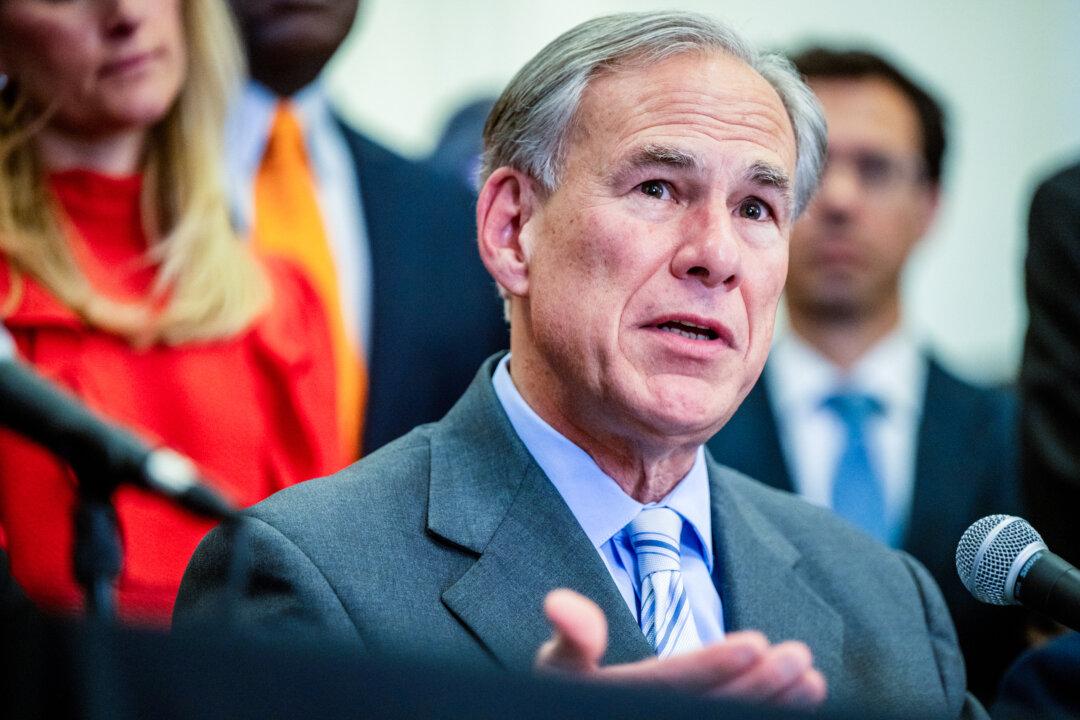The Texas state House now has a school choice majority after multiple Republicans who opposed the education initiative lost their primary runoff elections on May 28, Gov. Greg Abbott said.
“The Texas Legislature now has enough votes to pass school choice. This is a victory for every Texas family across our great state,” Mr. Abbott said in a statement after 11 out of the 15 Republican challengers he backed triumphed over House incumbents in their primaries.





